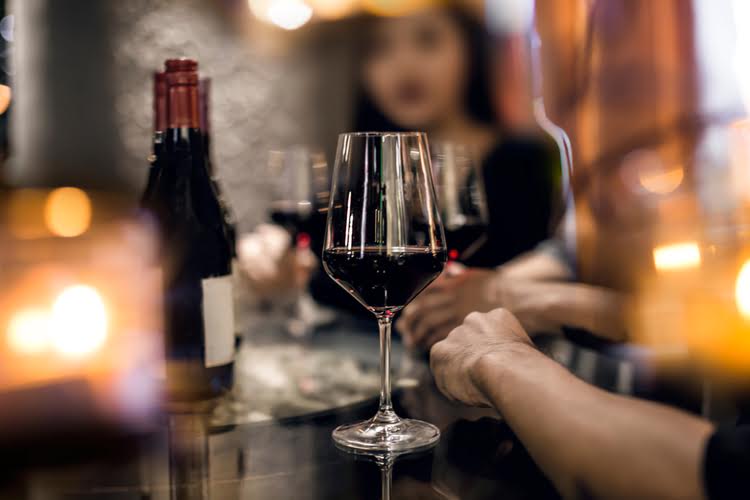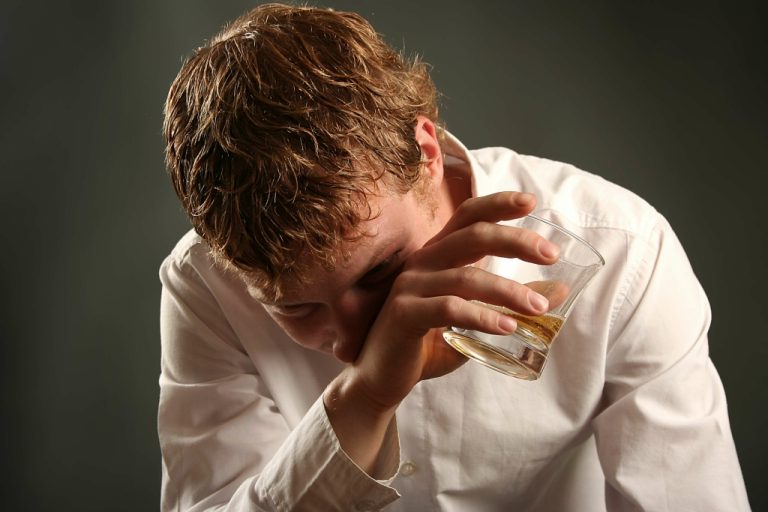The waiting bit is important because it’s not always a quick fix. HRT alone won’t keep you in optimum health through menopause, either. We talk a lot about nutrition and exercise, lifestyle and sleep, and wellbeing. Celebrate if a friend or loved one with an addiction takes a step toward rehabilitation … but don’t be surprised by a stumble. Relapse rates are common among those who seek treatment for an addiction. Caring about someone with an alcohol addiction can lead to worry and sleepless nights.
Enhanced Physical Health
- The mix of poor sleep patterns and alcohol dependency can often blur the line between work and personal life, amplifying the stress.
- A 2023 study found people with sleep apnea had a higher risk of developing alcohol-related disorders.
- We’ve covered more on how long before bed you should stop drinking alcohol here.
- A healthcare provider can recommend the best treatment options for you.
- The negative impact on your circadian rhythm is another major explanation for why many people face sleep issues when they decide to quit alcohol.
- A small nightcap before bed to help you drift off doesn’t sound too harmless, right?
Alcohol may also result in suppressed REM sleep in the short term. Drinking alcohol can disrupt the rapid eye movement (REM) phase of sleep, an important, restorative stage of deep sleep during which dreaming occurs. In this article, we explore the sedative effects of alcohol and ways to avoid this from occurring. We also discuss the possible negative effects of alcohol on the body and sleep. For anyone with a family history of alcohol use disorder, there is a higher risk of also developing the condition.
Sleep Medicine Physician
- Studies show mixed results, with alcohol insomnia and related sleep disruptions lasting from five weeks to six months.
- RISE can also predict your circadian rhythm, so you can sync up your sleep times to match for an easier time falling asleep.
- When she quit drinking in 2019, she dedicated herself to learning about alcohol’s influence on the brain and how it can cause addiction.
Being too hot or too cold can have a significant impact on a person’s ability to sleep. In general, the more you drink, the more sleep problems you can have. For an expert’s take, we spoke to Rise Science sleep advisor and medical reviewer Dr. Chester Wu, who is double board certified in psychiatry and sleep medicine. Taking any other substances that have a sedative effect should be avoided unless a doctor prescribes them. Doing so without medical supervision can trigger a new addiction to another substance. When we looked at the sleep needs of 1.95 million RISE users aged 24 and up, we found it ranged from five hours to 11 hours 30 minutes, but 48% needed eight hours or more sleep a night.
- Your doctor can help identify the issue and work with you to develop a treatment plan.
- They may recommend different treatments for different types of insomnia.
- Alcohol can have a sedative effect and cause a person to fall asleep more quickly than usual.
- If you are drinking to fall asleep most nights, then you could quite easily surpass the maximum amount in a week.
- So if you drink to unwind or even get some rest, you may be doing more harm than good.
- This stops your brain from feeling stimulated and instead relaxes you.
- You could be pulled over and charged with drunk driving or, worse, get into a serious car accident, harming yourself or others.
How Do You Get Good Sleep After Drinking?

Your journey to sound sleep will not only improve rest but also bolster your recovery and enhance your life in ways you may yet to discover. Insomnia isn’t merely a night of tossing and turning; it’s a chronic http://lovi-moment.com.ua/chem-razbavit-seryj-interer-primer-kvartiry-v-shvecii/ condition characterized by difficulty falling asleep, staying asleep, or waking up too early. The repercussions of insomnia extend beyond the night, leaving the afflicted fatigued and irritable during the day.
Why Do I Fall Asleep When I Drink Alcohol?

Poor sleep can be a pervasive ailment, and trouble falling asleep often becomes more pronounced after discontinuing alcohol use. This is because alcohol can disrupt sleep architecture, affecting the quality and patterns of sleep. Even though http://vppstroy.ru/klinicheskie-lechebnie-zavedeniya/kemerovskaya-oftalmologicheskaya-klinika-kakimi-avtobusami-doehat-s-avtovokzala-pokaza.php.html it may initially aid in hastening slumber, it ultimately prevents the body from entering the deeper, more restorative phases of the sleep cycle. Insomnia is defined as regular trouble falling asleep and/or waking up throughout the night.

On the medication front, various options ranging from over-the-counter sleep aids to prescription sleeping pills can help manage insomnia. It’s important to note, however, that these are usually a short-term solution and should be used under a healthcare provider’s guidance. Meditation, in particular, aims to focus the mind and detach it from daily stressors that http://machine.su/?p=10065 could hamper sleep quality. Similarly, deep breathing exercises can shift the body’s response from ‘fight or flight’ stress mode to a calm and relaxed state, conducive to restful sleep. Yoga combines both physical movement and mindfulness, making it a powerful tool to improve sleep quality. Your dietary choices significantly affect the quality of your sleep.
- Drinking more alcohol can lead to more tolerance and sleep problems, as well as alcohol dependency and health issues.
- Alcohol may make you fall asleep initially, but it is definitely not a viable sleep aid.
- The typical sleep cycle begins with three non-rapid eye movement (NREM) stages of sleep and ends with rapid eye movement (REM).
- As we bid goodbye to alcohol, our bodies fight to restore equilibrium.